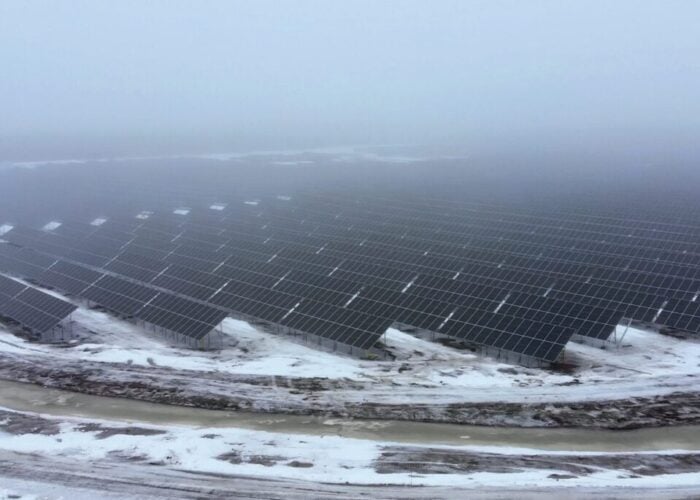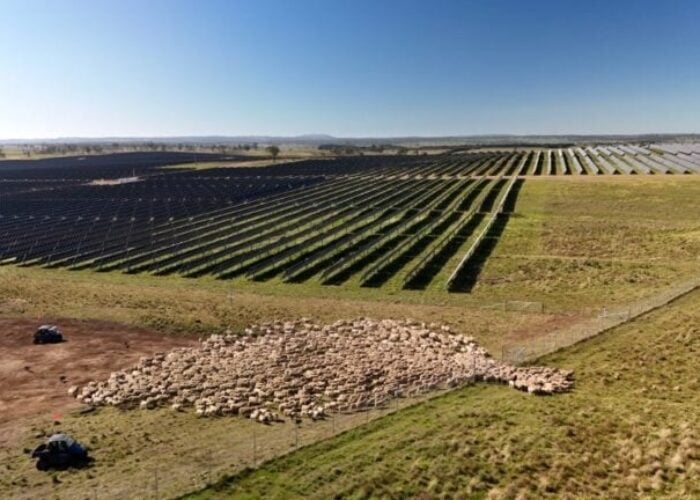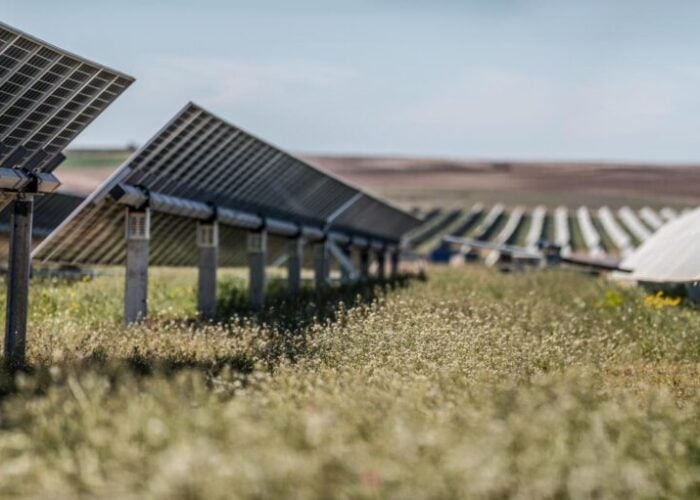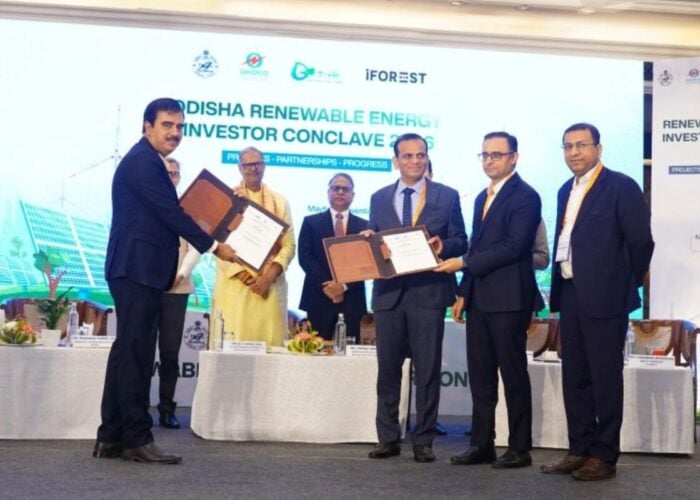The government of Ontario is eliminating the domestic content requirement for renewable energy projects.
Japan and the European Union raised signalled their opposition at the World Trade Organisation (WTO), to Ontario’s 60% domestic content requirement for renewable energy projects to be eligible for the government’s feed-in-tariff (FiT). The requirement is being scrapped altogether.
Try Premium for just $1
- Full premium access for the first month at only $1
- Converts to an annual rate after 30 days unless cancelled
- Cancel anytime during the trial period
Premium Benefits
- Expert industry analysis and interviews
- Digital access to PV Tech Power journal
- Exclusive event discounts
Or get the full Premium subscription right away
Or continue reading this article for free
The amendment in the Ontario Electricity Act, which specified that 60% of a solar or wind project's equipment or services must be locally sourced, was ruled as unfairly discriminating against outside companies by the WTO. In May the domestic requirement level was reduced to 22% for crystalline and 28% for thin-film PV systems.
Originally a temporary measure to resettle domestic trade, the requirement has been eliminated entirely. The government claims industry growth means it is no longer required.
“The strength of the sector means here at home, when Ontario’s renewable energy providers make decisions about what products and services they purchase, we’re confident Ontario suppliers will be competitive and the supplier of choice,” said Bob Chiarelli, Ontario Minister of Energy.
The amendment means there is no domestic content requirement needed for eligibility to government FiTs. The Ontario government claims this will save ratepayers CA$1.9 billion over 35 years.
Canada has opened a trade case against China over alleged dumping and subsidising of silicon metal from China.






